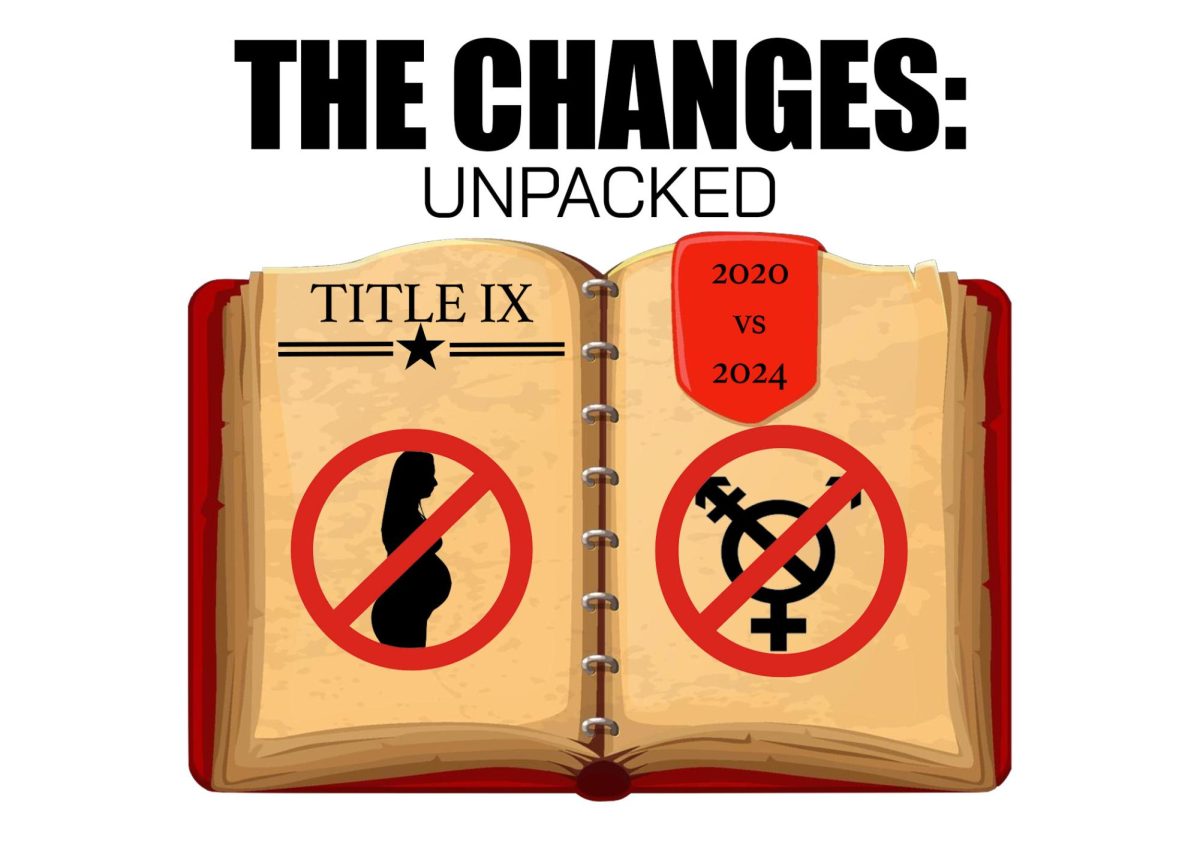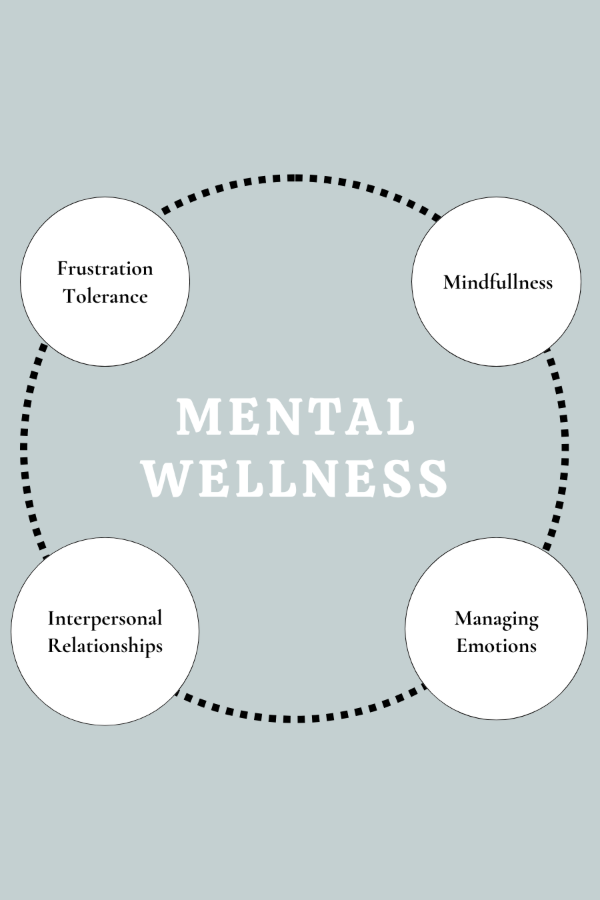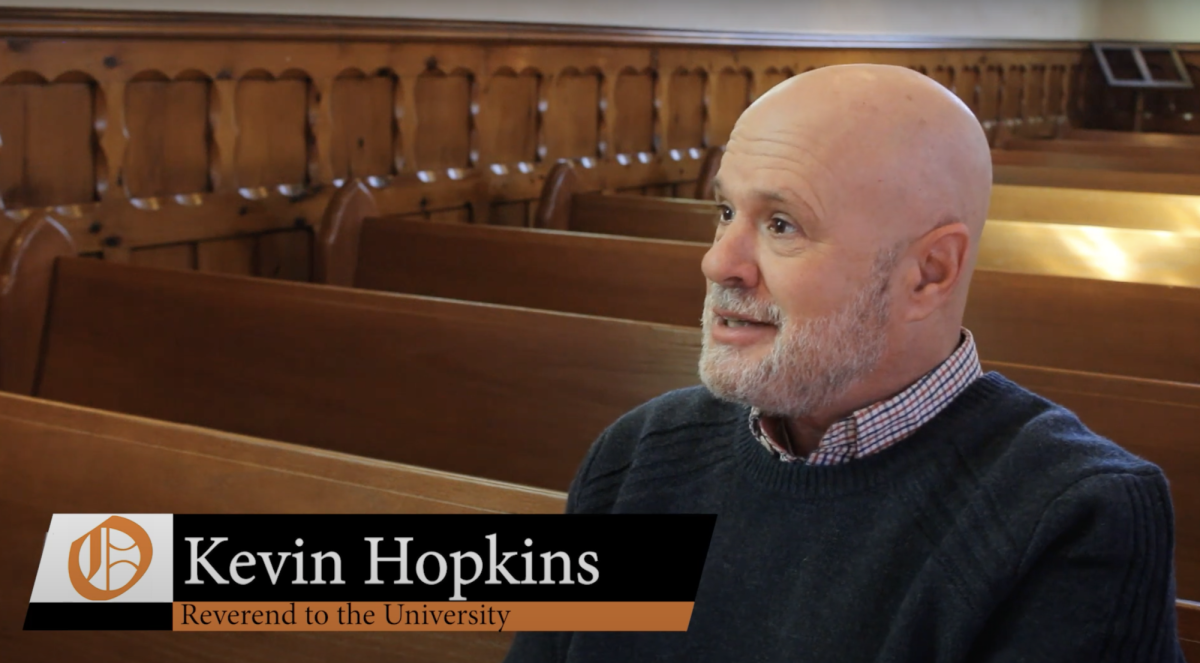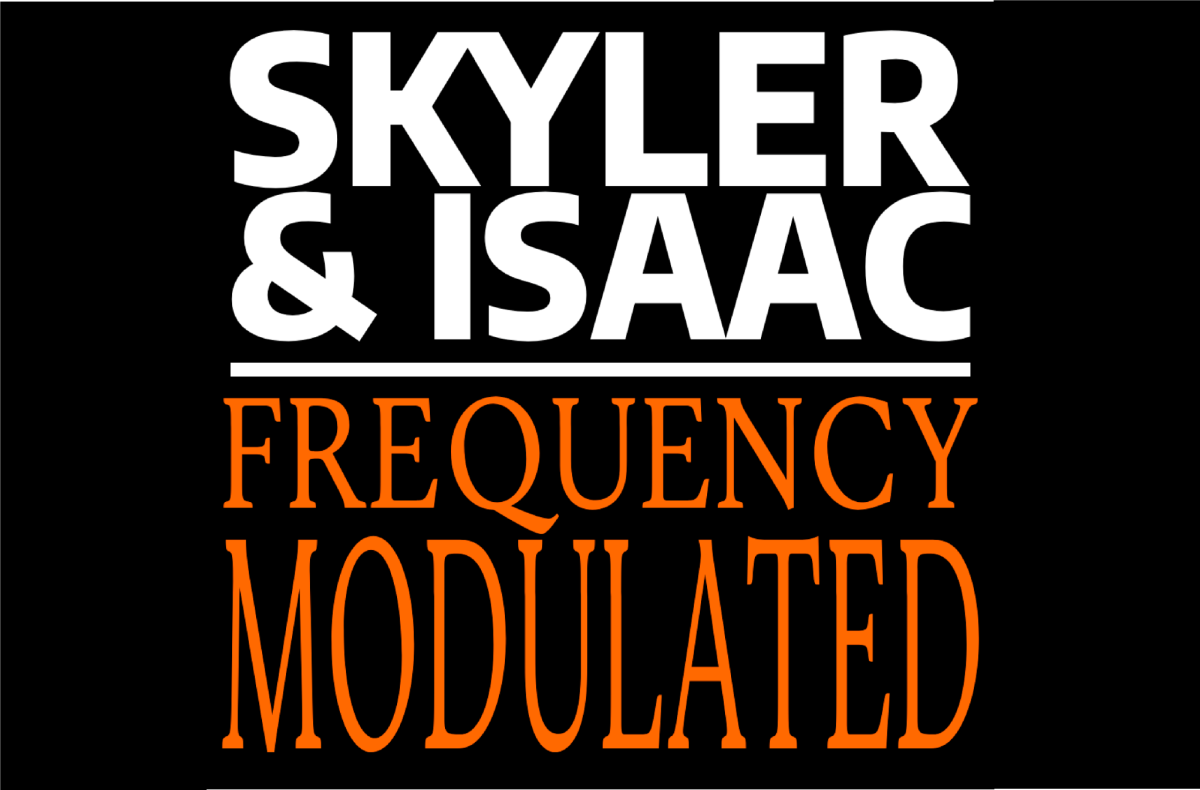Baker University is adapting to recent federal changes regarding Title IX, and adjusting how they will handle discrimination, sexual harassment and assault, following a ruling in a Kentucky federal court.
Nick Goodman, Baker’s Assistant Dean of Students and Title IX Coordinator explained that while Title IX itself remains intact, the recent changes have led to the removal of several elements. These include explicit protections for pregnant students and the inclusion of sexual orientation as a basis for harassment or assault claims.
Title IX was passed in 1972 as part of the Higher Education Act. The law is designed to ensure gender equality in educational opportunities, including sports. In 2011, an update issued by the Department of Education clarified that Title IX also covered sexual misconduct. Since then, the laws and interpretations have evolved, with the most recent changes introduced in 2024. However, after a court decision on Jan. 9 overturned those revisions, schools nationwide, including Baker University, have had to revert back to the 2020 version of the guidelines.
“Title IX already implicitly protected students who are pregnant,” Goodman said. “However, there were no explicit requirements that schools needed to do X, Y, and Z. Those came out. Similarly, the inclusion of sexual orientation as a basis for claims has also been removed.”
For example, a student facing discrimination due to pregnancy or sexual orientation might not be covered by federal Title IX regulations. Students enduring discrimination or harassment often feel vulnerable and unsure of their next steps. The changes to Title IX may feel like a step backward, but Baker University is standing firm in its commitment to protect its students.
Although these factors are no longer part of federal Title IX rules, Baker’s policies, which are listed in the student handbook, continue to protect students from discrimination based on sexual orientation, gender identity and pregnancy. This means that these protections now fall under the university’s Code of Conduct rather than Title IX, which has a different process.
Goodman stressed that students still have access to support through the university’s internal processes.
“Everything is under their jurisdiction. Everything is under their control. They have a choice in how things happen,” he said.
Students can report incidents through various channels including a complaint form on Baker’s website or directly to Goodman’s office.
“I will always ask the question because it’s important that they have that choice and control,” Goodman explained. “We never force them to go through an investigation or force them to drop it.”
With these revisions, many students might feel concerned about their rights, especially those included in marginalized groups. These changes mean that explicit protections for LGBTQ+ students and pregnant individuals have been removed from federal guidelines which leaves schools to pick up the slack.
Goodman stated that his role has changed, especially in terms of how formal investigations are conducted under the revised guidelines. However, he emphasized that Baker University remains committed to supporting all students, even if an issue does not fall under Title IX.
“My office is here to help students who feel uncomfortable, targeted, or need assistance,” Goodman said. “Even if something is not under Title IX, we will still do everything we can to support those involved.”
Goodman encourages open communication for students with questions or concerns about the recent changes.
“Ask me. I am more than happy to have a sit-down conversation with anybody who wants to know more,” Goodman said.
For more information alongside the story take a listen to this audio story.















